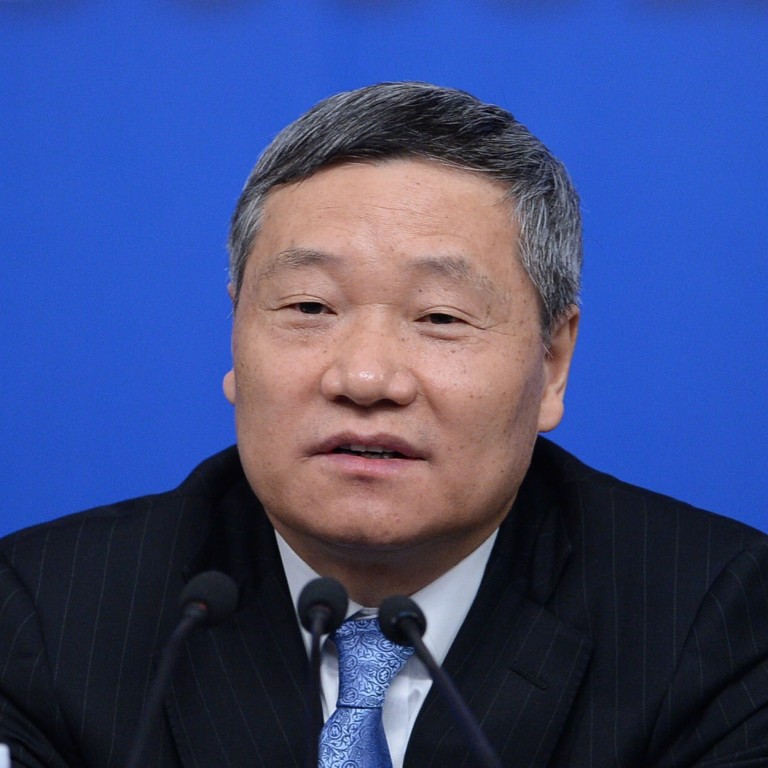
China told to save its overseas investments at risk from foreign protectionism and global recession
- Former head of securities watchdog says China has worked to cope with rising challenges, but changes are not keeping pace with global developments
- As countries move to avoid further reliance solely on Chinese supply, China itself is urged to upgrade bilateral investment agreements
“The power play between emerging nations and developed countries in free trade and free investment has escalated. The unilateral economic sanctions by developed countries and national security scrutiny regimes have become blocks for outbound investment by developing countries,” Xiao said.
The tightening scrutiny on foreign investments led by developed countries, the rise in trade protectionism and disjointed steps in combating the coronaviru, and shoring up economies would further complicate China’s outbound investment, according to a videoconference speech delivered by Xiao at a forum in Xian in northwestern Shaanxi province last week. The transcript was released on Sunday.
In recent years, China has improved capacity to protect its overseas interests as its investments abroad face rising security challenges but Xiao – who led a report to propose a more sophisticated and coordinated protection framework – said not enough had been done to keep up with the latest global developments.
The US continues to tighten the screws on China’s technology companies, banning market access and cutting research cooperation for national security risks and imposing sanctions on companies because of the South China Sea and other geopolitical issues.
China urged to flex long-arm jurisdiction to protect firms overseas
The coronavirus pandemic has stimulated countries to diversify industrial chains or move key industries back home to cut overreliance on individual countries, including China.
Xiao also noted that restrictive measures imposed around the world to contain the Covid-19 pandemic had delayed and revoked some investment projects
“Many countries have taken bigger steps toward selective self-sufficiency and shrunk the global layout of some key industries, seeking new balance between efficiency and stability for industrial chains and supply chains, which have added blocks to economic globalisation and is set to lead to profound influence on global capital movement and outbound direct investment,” Xiao said.
Will China take the ‘nuclear option’ and cut US access to medicines?
The protection regime should be supported by government authorities, multilateral platforms and social agencies and rely more on economic and financial measures and international laws to protect the country’s international interests, according to Xiao’s report.
It suggests China should upgrade bilateral investment agreements, sign more investment protection deals and properly address economic sanctions and security scrutiny on investment while companies are urged to strengthen compliance work and communication.
The report suggests China should be more active on the world stage, having greater say in multilateral agencies and make better use of international arbitrary regimes to handle investment disputes.
There was a need for more insurance products to cover risks and further legal work to improve consular protection. More attention should be paid to local environment and labour protection as well as anti-commercial corruption rules, it said.
To support private security companies China should improve its risk intelligence collection and sharing as part of overseas security protection, the report added.
China’s outbound direct investment dropped slightly by 4.3 per cent in 2019 to US$136.9 billion, the second biggest after Japan in the global ranking, according to the data by China’s Ministry of Commerce.
In terms of accumulated scale, China ranked the third in the world at US$2.2 trillion at the end of 2019, after the US and the Netherlands.

